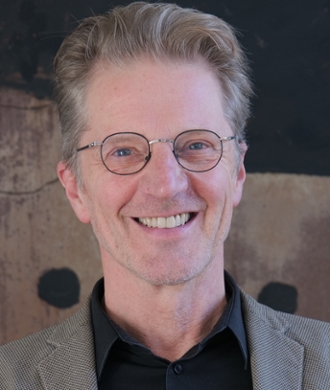From birth onwards your brain acts as the ‘engine’ behind your behaviour and your ability to learn. Diverse complex processes in the brain determine among other things how you process information and solve problems, your concentration, and how you position yourself in relation to others. Behaviour and the ability to learn are in turn greatly influenced by how children and adults develop, and ultimately determine their position in society.
The more we know about how our brain works, the more insight we gain into learning abilities and behaviour. These insights can be used to help people develop from a young age onwards.
Diverse perspectives
Researchers investigate human learning processes within the context of social and behavioural sciences. They study all phases of life, but their research focuses primarily on children and young adults. This research encompasses a wide range of perspectives. For example, much attention is devoted to the physiology of learning: how does our brain process information? And how do brain processes translate to how children and young adults behave?
But our researchers do not focus solely on children’s learning; they also devote attention to the people who have to provide the teaching materials, namely teachers and schools. How can they best achieve their objective?
Research on the development of the learning child brain is also important for other reasons: the more a child learns and develops, the better he or she will be able to reach well-informed decisions, and the better professionals can involve him or her in decision-making. The legal position of children should be brought more in line with their abilities. Legal experts investigate in what circumstances children should be consulted on medical decisions, and how they can best be heard in decisions concerning them.
Research at home and in the classroom
Leiden University research operates at the heart of society. Not only are children and adults invited to take part in studies at the University’s various laboratories, but researchers are often to be found ‘in the field’: in people’s homes, or in classrooms. With the insights they gain, they offer children and adults opportunities to learn and develop more effectively. This provides them with an important basis for a strong position in society.
Faculty of Social and Behavioural Sciences
Leiden University Graduate School of Teaching (ICLON)
Faculty of Law


















